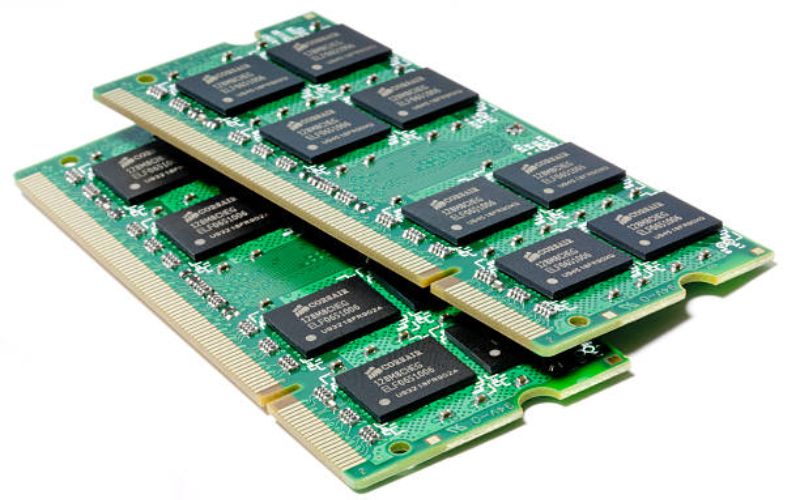The Best Aluminum for Heatsinks: A Comprehensive Guide
When it comes to heatsinks, the type of aluminum used can have a significant impact on the heat dissipation capability and overall performance. In this article, we will explore the different types of aluminum that are commonly used in heatsinks and help you determine what is the best aluminum for your specific application.
1. 6061 Aluminum
6061 aluminum is one of the most common types of aluminum used in heatsinks. It is known for its excellent thermal conductivity, high strength, and corrosion resistance. This aluminum alloy can also be formed and machined easily, making it a popular choice for heatsinks.
2. 6063 Aluminum
6063 aluminum is another popular choice for heatsinks due to its high thermal conductivity and ease of extrusion. It is also known for its excellent surface finish and anodizing properties, which makes it a great choice for custom heatsinks.
3. 1050 Aluminum
1050 aluminum is an alloy that is often used in electronics heatsinks due to its high thermal conductivity and low cost. However, it is not as strong or corrosion-resistant as other aluminum alloys, so it may not be suitable for all applications.
4. 1100 Aluminum
1100 aluminum is another low-cost option for heatsinks, but it is also not as strong or corrosion-resistant as other alloys. It does have good thermal conductivity, though, which makes it a popular choice for small heatsinks in electronic devices.
5. 2024 Aluminum
2024 aluminum is a high-strength alloy that is commonly used in aerospace applications. It has excellent thermal conductivity, but it is not as easy to machine or form as other alloys. It may be a good choice for high-performance heatsinks that require both strength and thermal conductivity.
6. 3003 Aluminum
3003 aluminum is a popular option for heatsinks because of its excellent corrosion resistance and good thermal conductivity. It is also easy to form and weld, which can make it a good option for custom heatsinks.
7. 5083 Aluminum
5083 aluminum is a high-strength alloy that is commonly used in marine applications due to its excellent corrosion resistance. It also has good thermal conductivity, but it may be more difficult to machine and form than other alloys. It may be a good option for heatsinks that will be exposed to harsh environments.
8. 6060 Aluminum
6060 aluminum is another commonly used aluminum alloy in heatsinks. It has good thermal conductivity and is easy to extrude, which makes it a popular choice for custom heatsinks. It also has good anodizing properties, which can improve its corrosion resistance and surface finish.
9. 7075 Aluminum
7075 aluminum is a high-strength alloy that is commonly used in aerospace and other high-performance applications. It has excellent thermal conductivity, but it may be more difficult to machine and form than other alloys. It may be a good option for high-performance heatsinks that require both strength and thermal conductivity.
10. 8011 Aluminum
8011 aluminum is a low-cost option for heatsinks that has good thermal conductivity, but it may not be as strong or corrosion-resistant as other alloys. It may be a good option for small heatsinks in electronics applications.
Conclusion
Choosing the right aluminum alloy for your heatsink can have a significant impact on its performance and effectiveness. There is no one-size-fits-all solution, so it is important to consider your specific application and requirements when making a decision. By understanding the different properties and characteristics of each aluminum alloy, you can make an informed decision and choose the best aluminum for your heatsink.

